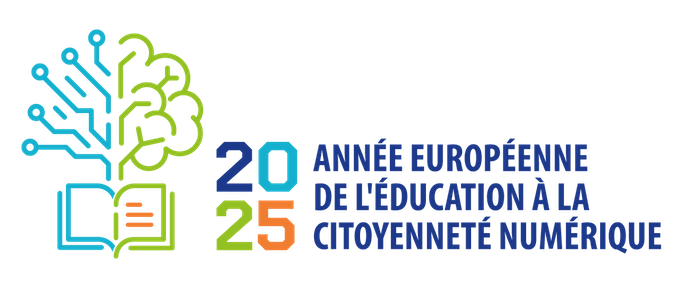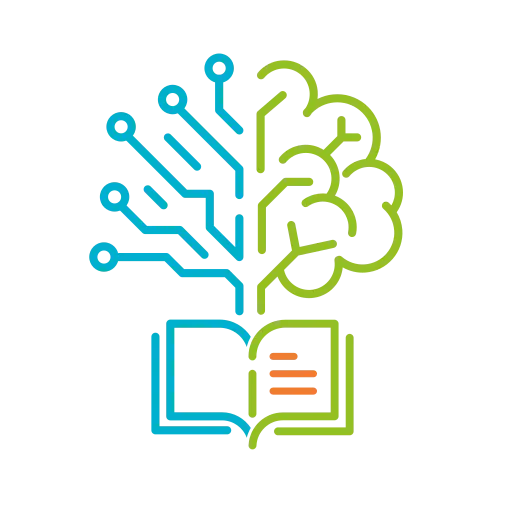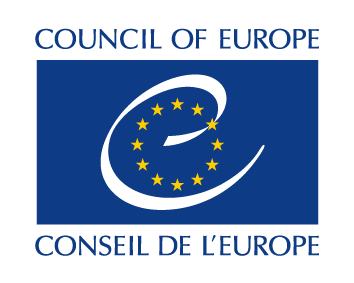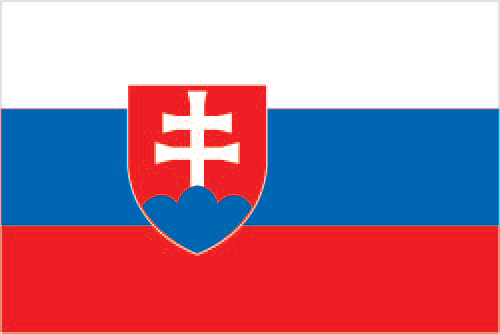Training on DCE to teachers and other professionals:
DCE is partially integrated into the education provided by the National Centre for Digital Transformation of Education.
The National Institute of Education and Youth has developed and delivered several trainings for teachers and youth workers on DCE related topics in the form of innovative training programmes. For example:
“Education for citizenship in the digital age”: The programme is aimed at preparing educators capable of integrating digital citizenship into the educational process. Graduates will be able to implement the concept of digital citizenship, to develop learning activities aimed at critical thinking, and to apply critical thinking techniques when working with digital resources. The programme also emphasizes adherence to ethical values in digital environment, preparing graduates to work responsibly and ethically with technology in education.
“Safety of children and pupils in the digital environemnt (How to prevent manipulation and hoaxes in the online environment)”, “Development of media education and media literacy of children and pupils”.
The National Institute of Education and Youth carris out the national project “Digital Transformation of Education and Schools (DiTEdu)”, which aims to create a high quality, sustainable and easily accessible support system for schools in the field of digitalisation of education. The key areas of support are digital competences of educators (DigCompEdu), artificial intelligence, cyber security, learning environments and digital wellbeing (or prevention of pathologies related to digitalisation).
Translation and dissemination of DCE Recommendation:
The Recommendation of the Council of Europe has not been disseminated through the government or the ministries.
Selected CoE publication(s) on DCE is (are) envisioned to be translated to Slovak and published online free of charge as part of the European Year of Education for Digital Citizenship 2025. The preparation of the Slovak version of publication(s) is envisioned to be part of the activities to promote DCE in schools and to wider public based on the Main Task Plan 2025 of the National Institute of Education and Youth.



